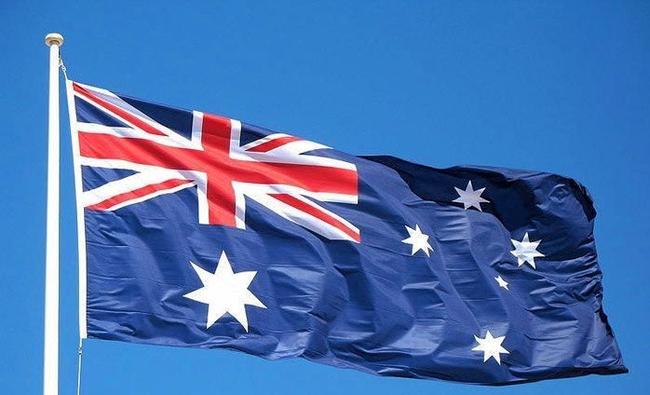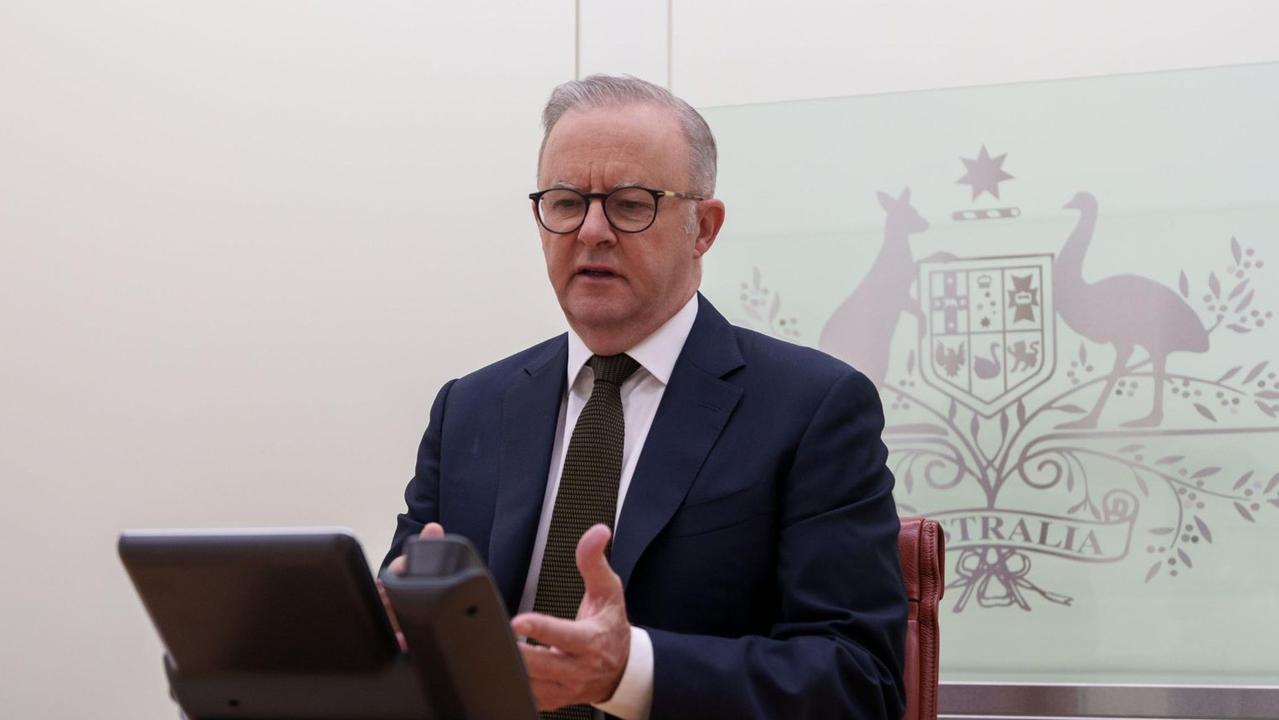It's becoming harder to find reason to celebrate
BILL Hoffman says fixing the country is the first order business before searching for an appropriate day to celebrate it

Opinion
Don't miss out on the headlines from Opinion. Followed categories will be added to My News.
THE harsh reality as we reflect on a day just past of national pride as well as ruction over the date, is that there is increasingly less to celebrate.
That's a consequence not only of our individual behaviours but also the many too apparent signs that equality, quality of life, compassion, environmental stewardship and inter-generational responsibility are ever-diminishing aspects of our national character.
Our cities have been allowed to grow, despite all the warnings over time, into grid-locked messes where real estate prices drive people further from their places of work.
And work we all do with most families requiring two incomes to make ends meet forcing our kids from an early age into corporatized care.
Yes, there are those who are living the dream and none more so than the country's 33 billionaires whose wealth increased by $38 billion in the past year while wages generally remained stagnate as costs grew.
The wealthiest 1% of us now own 22.9% of the nation's wealth, representing more than that held by the bottom 70% combined.
According to a new report by Oxfam Australia, we have become one of the least equal nations in the developed world, ranked 22 of the 35 OECD countries.
Unions will predictably call for wealth redistribution through wage rises, one that will become more strident as interest rates begin to rise.
The knife edge of many household budgets perhaps is an explanation for the continued lack of compassion for the poor bastards who sought it only to find themselves interminably detained in our off shore gulags.
But it affords no explanation for personal behaviour that sees the residents of two of our fastest growing states - NSW and Queensland - increasingly trashing the country whose stewardship we collectively share.
The Keep Australia Beautiful Litter Index released this week for the 12th time covers 983 sites over 1.5 million square metres of beaches, highways, parks and residential, industrial and retail precincts.
What it found was that litter was increasingly creating not only environmental damage but also a health hazard to ourselves and our wildlife.
Litter on beaches was up 15.9% on the previous year with cigarette butts predominant. And while the overall national litter item count in the survey was down 4.3%, Queensland's increased 55%.
The Total Environment Centre has called for a levy on tobacco companies to pay for the clean up of their waste. Or individuals could simply take greater responsibility.
As we continue to haggle over a suitable date for a day of national celebration which the current is certainly not, greater reflection must be given to what we desire as the make-up of our national character.
Because unless we can come to a collective understanding about who we want to be and what we want to stand for we remain vulnerable to those who exploit our fears and weaknesses for their political gain.
Thankfully, and despite more than a decade of attacks on the credibility of some of our most gifted minds as they have attempted to share knowledge of the looming impacts of climate change, we have for the second consecutive year chosen to honour scientists and teachers as our pre-eminent Australians.
2017 Australian of the Year Emeritus Professor Alan Mackay Sim of the Sunshine Coast handed over to Professor Michelle Yvonne Simmons who has transformed the University of New South Wales' quantum physics department into a world leader in advanced computer systems.
The 2018 Australian Local Hero is 32-year-old mathematics teacher Eddie Woo who chose to be an educator rather than the doctor he could have become as a way of paying it forward to make learning more accessible and equitable.
Biophysicist Dr Graham Farquhar is the Senior Australian of the Year, recognised for his work in improving food security through a greater understanding of photosynthesis.
If only their recognition could convert to an appreciation of the need for greater investment in education at all levels, a reduction in class sizes to help teachers improve their impacts on young lives, cheaper access to learning and decision making by our politicians informed by the weight of available knowledge rather than simply for the benefit of a few through the manipulation of our fears and ignorance.
That would truly be something to celebrate, whatever the day.


